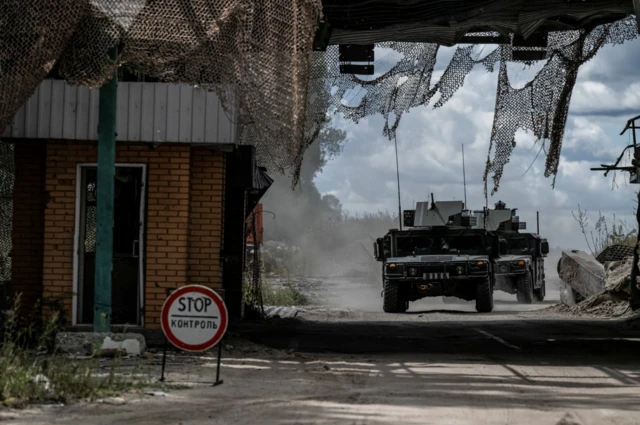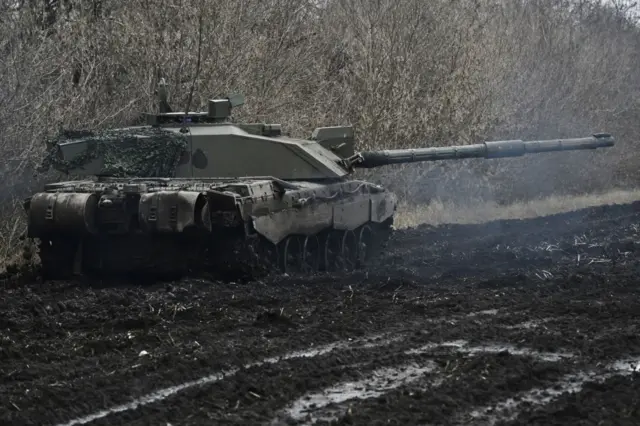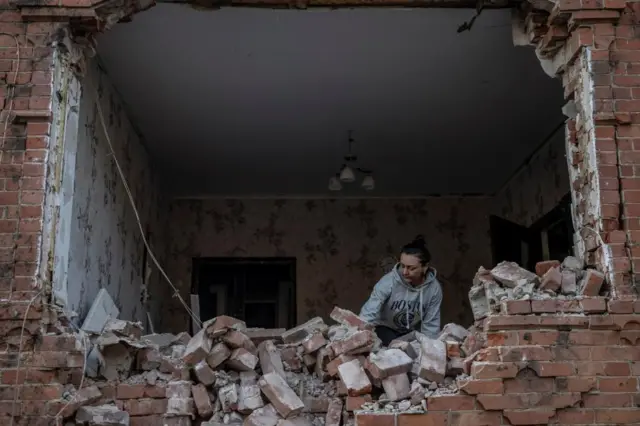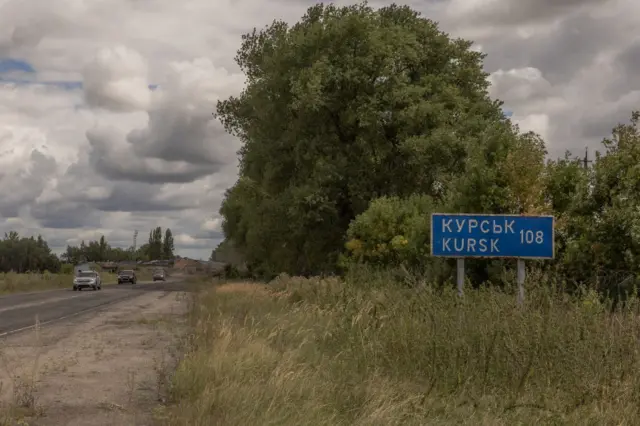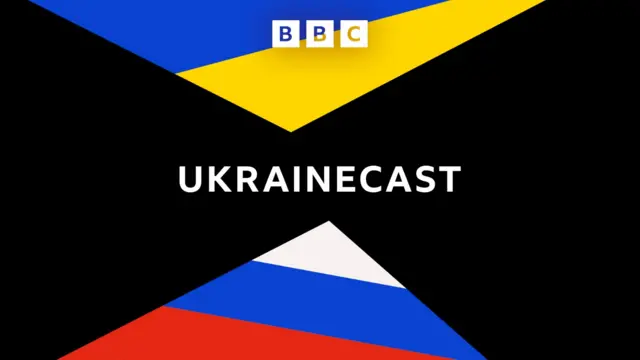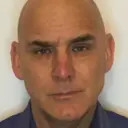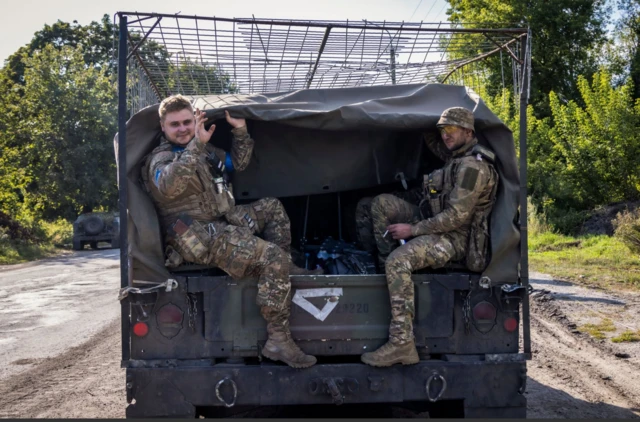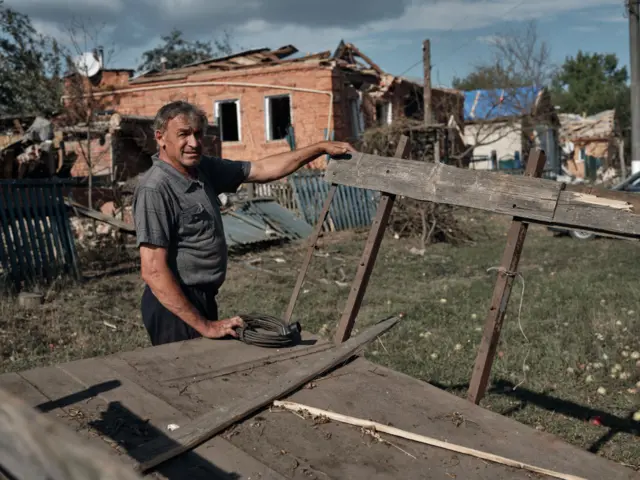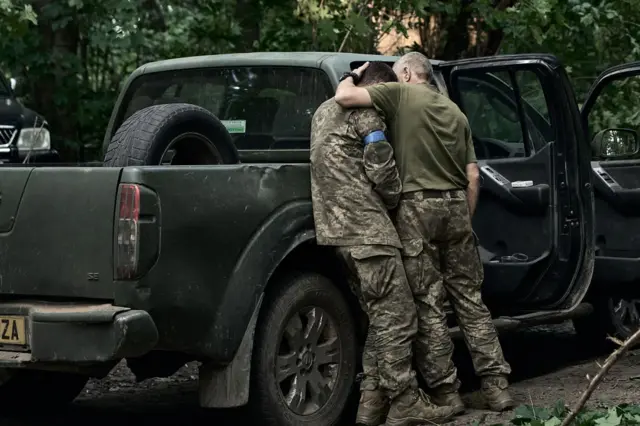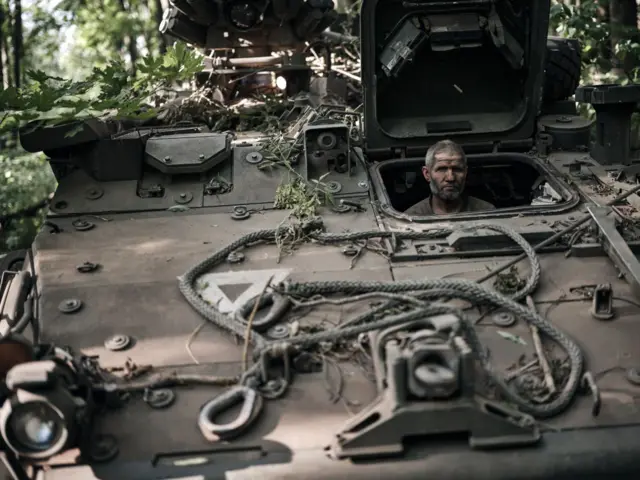Why is Russia targeting the eastern Ukrainian city Pokrovsk?published at 14:20 BST 16 August 2024
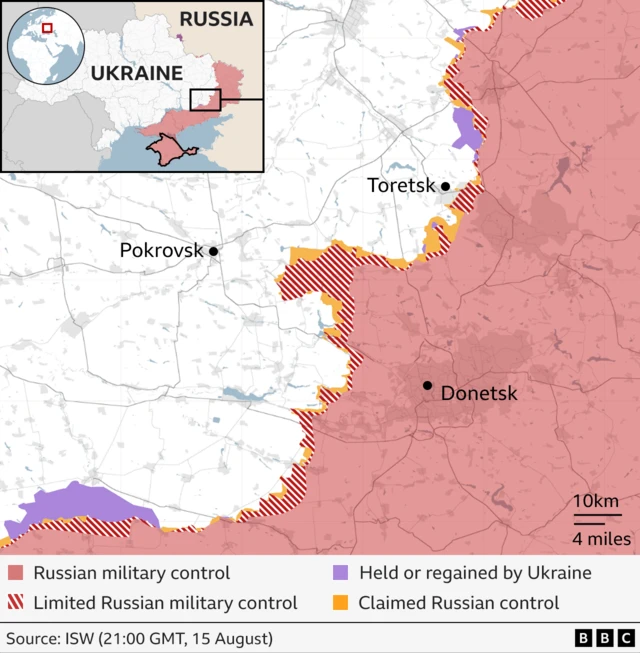
For months, Russia has been making advances into eastern Ukraine.
And today, Russian forces are claiming to have captured Serhiivka, about 15km (9 miles) from Pokrovsk.
Pokrovsk - located about 70km (43 miles) north-west of Russian-held Donetsk city - is a key logistics hub for Ukraine.
It sits on the intersection of a main road that supplies Ukrainian troops and towns across the eastern front.
In recent weeks, Russia has inched closer to the outskirts of Pokrovsk, taking a string of tiny villages towards the city, with Moscow claiming Lysychne and Ivanivka, both north of Serhiivka and close to Pokrovsk.
Yesterday, the head of the city's military administration Sergiy Dobryak urged residents of Pokrovsk, especially families, to evacuate as Russia was "rapidly approaching the outskirts".
